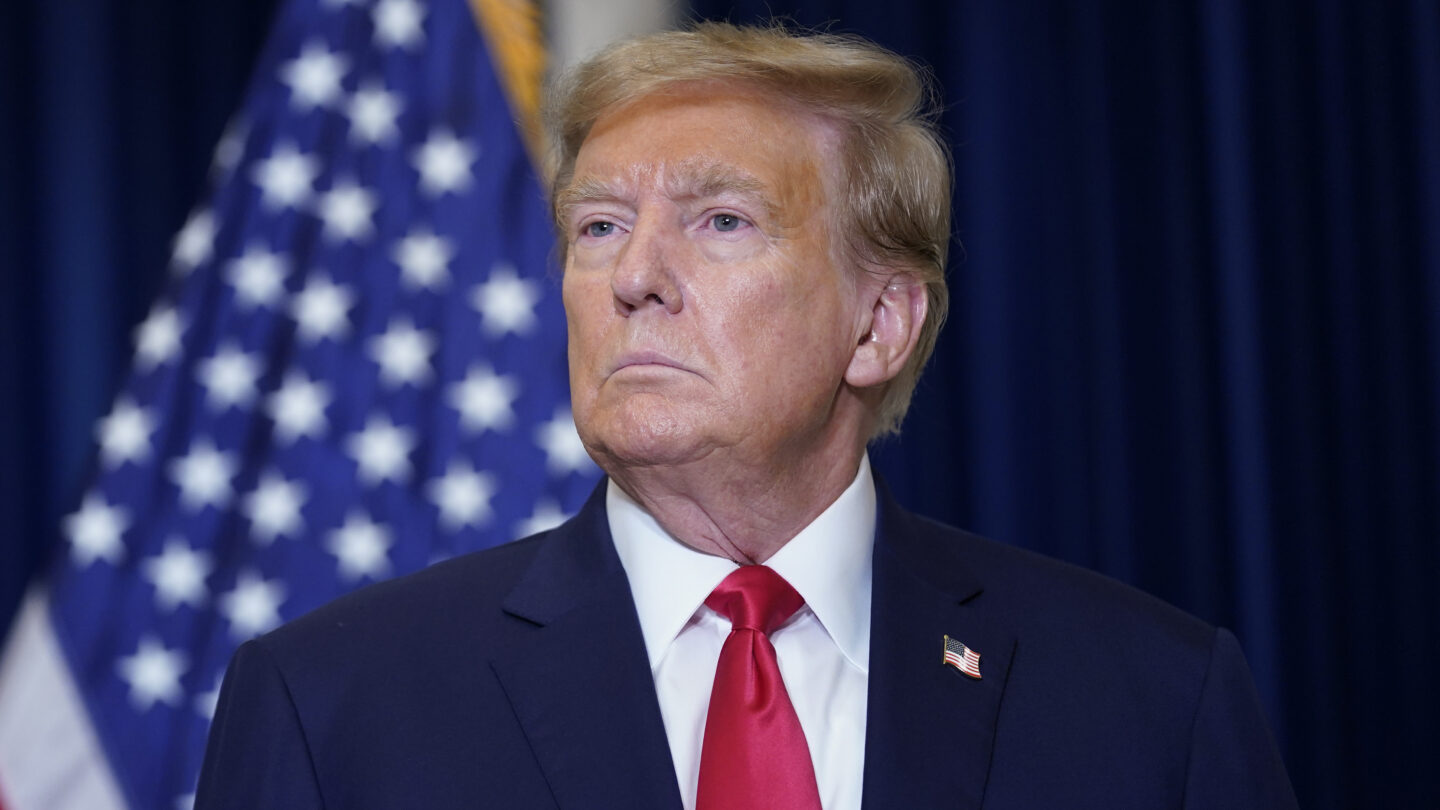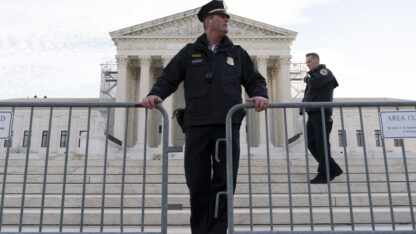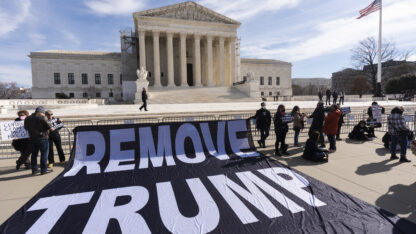A three-judge panel of the U.S. Court of Appeals for the D.C. Circuit has ruled that Donald Trump does not enjoy broad immunity from federal prosecution, a major legal setback for the former president who almost certainly will appeal.
The ruling comes a month after lawyers for Trump argued made sweeping claims that he enjoyed immunity from federal prosecution, claims that lawyers for the special counsel said would “undermine democracy” and give presidents license to commit crimes while in the White House, such as accepting bribes for directing government contracts or selling nuclear secrets to a foreign adversary.
One of the D.C. Circuit judges, Florence Pan, pressed Trump attorney D. John Sauer at the oral argument about whether a president might sell pardons or nuclear secrets, or even order a Navy SEAL team to kill a political opponent, and still evade criminal prosecution under his theory of the case.
Another, Judge Karen L. Henderson, noted that it seemed “paradoxical” that presidents would pledge to faithfully execute the laws, only to violate those same laws and receive legal protection.
Trump has pleaded not guilty to four felony counts that accuse him of leading a conspiracy to cling to power and disenfranchise millions of voters in 2020. Prosecutors say that this culminated in violence at the U.S. Capitol three years ago that injured 140 law enforcement officers and shook the foundations of American democracy.

9(MDAxODM0MDY4MDEyMTY4NDA3MzI3YjkzMw004))








